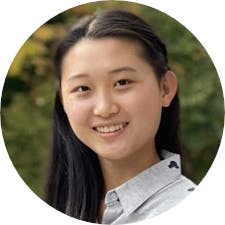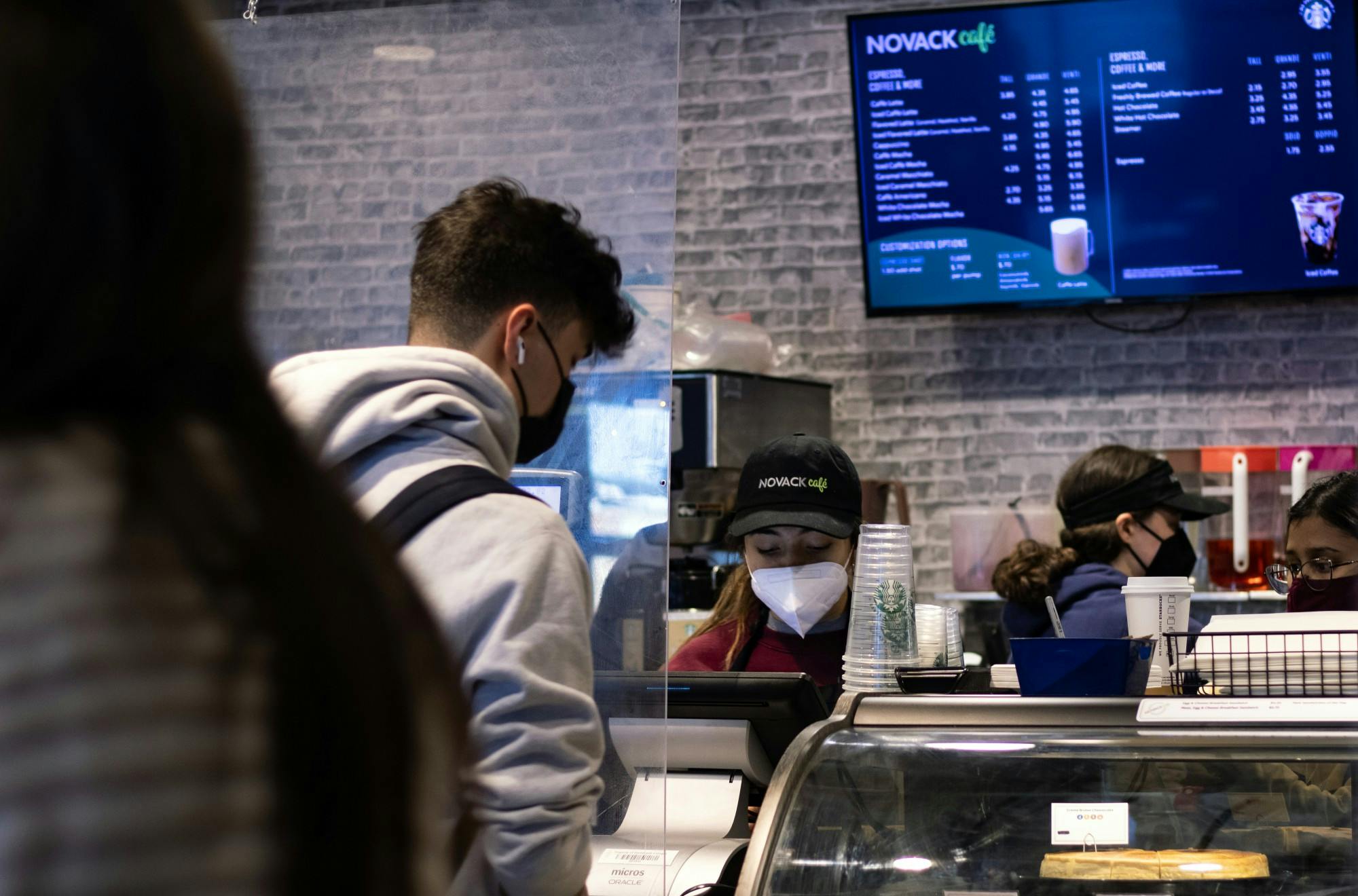Last Wednesday, student workers at Dartmouth Dining Services formally announced their intention to unionize by establishing the Student Worker Collective at Dartmouth. The student workers’ primary demands, outlined in an open letter to the College administration posted on social media, include that the College voluntarily recognize the union through a third-party card check agreement and that student workers are guaranteed paid sick leave.
DDS director Jon Plodzik declined to comment on the unionization drive — noting “the matter is being addressed by senior leadership of the College” — and referred comment to College spokesperson Diana Lawrence. Lawrence wrote in an emailed statement that the College has “received the letter from the collective and [looks] forward to talking with them.”
Though talks to unionize began during the fall term, pressures placed on student workers intensified this term, according to SWCD organizer Kaya Colakoglu ’24. He said that a variety of factors — increased exposure to COVID-19, intense work shifts due to the labor shortage on campus and pay stagnation — have contributed to rising dissatisfaction among student workers.
“[These factors are] an exaggeration of chronic problems plaguing Dartmouth, in the sense that these are not just things that happened with the pandemic and they won’t certainly end with the pandemic,” Colakoglu said.
Nadine Formiga ’25, a student worker at Novack Cafe and SWCD organizer, said that her work experience has been stressful due to the long lines and potential exposure to COVID-19, adding that many DDS student workers felt “hopeless” about improving their work conditions.
“A lot of my friends work for DDS and a lot of them have [COVID-19] right now,” Formiga said. “I just saw a tweet saying ‘I have more friends with [COVID-19] than friends with work rights,’ and that’s definitely what I’m feeling right now.”
Colakoglu noted that since certain dining locations faced shortened hours during the first two weeks of winter term, many students were unable to work.
“There are some people who think student workers work for pocket money,” Colakoglu explained. “But, that’s really not the case. Quite a lot of student workers use it to pay for travel expenses and some send money back home.”
Colakoglu added that DDS student workers’ pay has stagnated despite increases in the price of food at DDS — one factor that pushed students to unionize.
According to Colakoglu, the union’s demands are “two pronged”: that the College officially recognize the union and that it institute paid sick leave. Under the first demand, the College would pick a mutually trusted third party to check student union cards and verify that a majority of student workers are in favor of unionizing.
In preparation for the card check agreement, Colakoglu said that organizers at the SWCD held “hundreds of meetings” that involved one-on-one conversations and group meetings with student workers to garner support for the cause. Formiga said that the students relied on a spreadsheet containing the names of DDS student workers and contacted workers to gauge student interest in forming a union.
Over 60% of student workers indicated their support for unionization, according to SWCD organizer Alejandro Morales ’24.
Colakoglu noted that when an initial contingent of DDS workers became frustrated in talks with the management and started organizing for a union in the fall, DDS increased the base wage for its student workers.
“If merely the threat of organizing workers unionizing allowed us to win a $2 [per hour] raise, just imagine what we can win with the power of collective bargaining,” said Colakoglu.
SWCD organizer Ian Scott ’24 said that the wage increase during fall term was achieved through “individual organizing efforts,” which he said leaves open the possibility for a rollback of the policy in the future — a problem that he argued the union might address in the future.
“A union is a legal institution, and through a union, you’re able to bargain a contract,” Scott noted. “Whatever gains we win are set in stone until a new contract is written.”
Morales hopes that the College will cooperate with student demands — and refrain from engaging in union-busting efforts such as those that occured, they said, at Columbia University and Kenyon College.
Though a supermajority of students supports unionization, Formiga noted that some of her peers were afraid that the unionization efforts would “backfire,” and others doubted that they would have sufficient energy to devote to the cause given their busy schedules and the demands of coursework.
Local 560 branch of the Service Employees International Union president Chris Peck, who provided assistance to SWCD organizers during their unionizing efforts, said that he supplied the students with their book on bylaws — a set of rules for a particular union — and helped students brainstorm on the structure they hoped to put in place, such as electing a president, treasurer and shop stewards at various dining locations.
“There’s been talk of graduate students that wanted to organize, but this is actually the biggest effort I’ve seen since I’ve been here,” Peck said.
On Monday, DDS director Jon Plodzik wrote in an email to DDS student workers that DDS will increase their pay by 50%. According to Plodzik, the temporary incentive is effective on Jan. 2, and DDS is working out the details of ensuring workers get back pay.
“We realize that not all community members are fully complying with the mask mandate, nor the quarantine expectations, and as such, we will pay Dining benefitted and student associates additional pay for their work at this time,” Plodzik wrote.
Alejandro Morales is a member of The Dartmouth staff.
Update (11 a.m., Jan. 13, 2022): This article has been updated to include a statement from College spokesperson Diana Lawrence.





